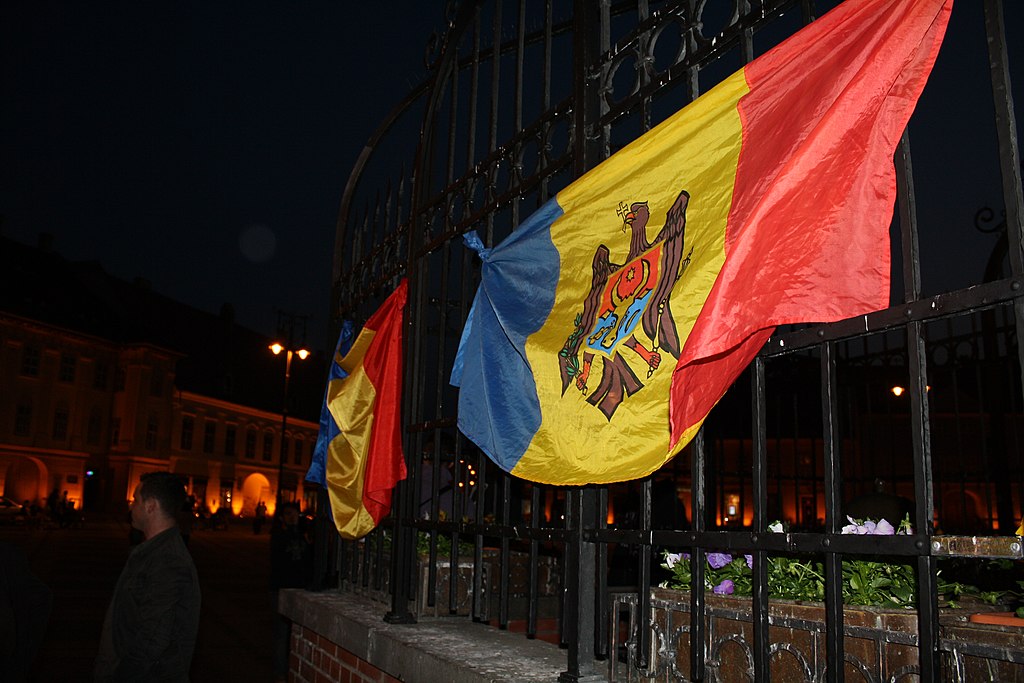War in Ukraine Worsens Poverty in Moldova


Moldova is a small, landlocked country in the Balkan region of Europe. Because the nation borders Ukraine, Russia’s invasion of Ukraine in 2022 has worsened poverty in Moldova. The nation gained independence from Russia over two decades ago but still relies heavily on trade with Russians. Thus, trade sanctions and inflation brought about by the conflict make it difficult for many Moldovans to make ends meet, especially in rural communities.
Trade
As one of Europe’s poorest countries, Moldova is arguably the most affected nation by the nearby war. If Moscow gains Moldova’s capital of Chisinau, it would provide them with another front against Ukraine. Russia is thus trying to regain control of Moldova, but Ukraine’s defense has so far prevented further military seizure. Still, Russia has placed immense economic pressure on Moldova by cutting imports and exports, which makes it difficult for the nation to sustain itself.
Russia’s government, the Kremlin, has banned imports of farm produce from Moldova. As 10% of Moldovan exports go to Russia, that leaves a large dent in the nation’s GDP. About a fifth of Moldova’s agricultural products typically go to Russia, but due to the recent sanctions, those products are staying at home, resulting in a loss of income. Products like apples, of which 100,000 tons are currently in storage, must be sold within the next couple of months before the harvest begins.
Rural Communities
The lack of international sales for agricultural products directly impacts poverty in Moldova, specifically within the farming community. Farmers who rely on shipments to Russia suffer from a severe loss of profits.
Halts on fuel and fertilizer exports heavily impact rural communities. Moldova used to import more than 90% of its seeds, fuel and fertilizer from Russia and Ukraine. However, some 33,000 farmers do not have access to those products due to the war. Without the fertilizer needed to grow their crops, rural farmers are essentially left jobless. That also means consumers who rely on their crops lose access to that food source. The National Ministry of Agriculture and Food Industry (MAFI) estimated that the production of staple foods like wheat, corn and barley will drop by 30%.
Inflation
Along with cuts on fertilizer exports, Russia’s state-owned gas supplier cut natural gas shipments to Moldova by 60%. Because of that decrease in supply, Moldova’s natural gas prices increased sevenfold, and electricity prices quadrupled.
Energy bills account for more than 70% of household incomes, making it difficult for families to leave enough room in their budgets for other necessities. Not to mention, dependence on energy imports is driving inflation in other aspects of the economy. Many grocery store prices have doubled, which also means that sales are declining. Store owners and consumers are both suffering: Opinion polls show that more than 40% of Moldovans are struggling with basic costs of living, and an additional 21% cannot afford the bare minimum.
Help From Abroad
Moldova needs help, and the struggles of Moldova’s people are receiving recognition internationally. The European Union, for example, committed to sending Moldova €1.2 billion euros in aid in 2021. The union announced that €600 million could be made available to help Moldovans in the coming years. The United States has also sent $267 million in emergency help for Moldova’s energy crisis from the war in Ukraine.
It is essential that the nation of Moldova is not forgotten amid the war in neighboring Ukraine. Organizations like Action Against Hunger and People In Need work to improve food and energy crises in hopes of reducing poverty in Moldova.
– Lindsey Osit
Photo: Wikipedia Commons
